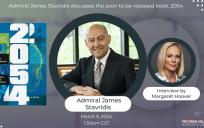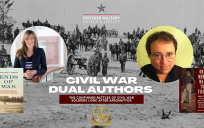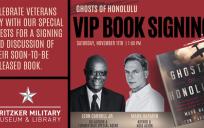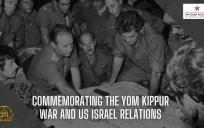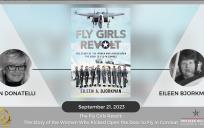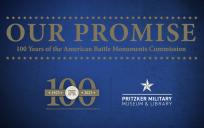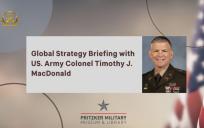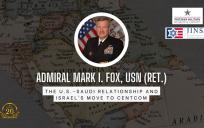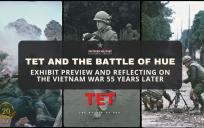
Record date:
Front & Center with John Callaway: The Shape and Mission of the U.S. Military: What's Ahead for America?
From Iraq to Korea, the U.S. military makes daily headlines. The 2004 presidential candidates both spoke of a strong American military, but what did that actually mean? How would the shape of our Armed Forces be affected by the election? What contrasting visions were the presidential candidates presenting for the future of the United States men and women in uniform? John Callaway asked the presidential campaigns to weigh in on forward plans for the U.S. Military.
Theodore J. Karamanski is Professor of History at Loyola University Chicago. He is a specialist in public history and is the author of five books and numerous articles on frontier history, the Civil War, and governmental policy. His books include Rally 'Round the Flag: Chicago and the Civil War and Ethics and Public History: An Anthology, for which he served as editor. He earned his BA and Ph.D in history from Loyola University in Chicago . He served as president of the National Council on Public History, 1989-1990. He provides analysis on environmental and American Indian policy.
Rich Gordon is 42nd Ward Republican Committeeman. He is Principal of an IT consulting firm, RGA Chicago, specializing in the telecommunications industry. Gordon is a retired Lt. Colonel in the U.S. Army. He left the military in 2001, serving in his last active duty assignment with the 85th Division in Arlington Heights, IL as the assistant chief of staff for information management. He has a BS from Northern Illinois University in business. He is a graduate of the U.S. Army Command and General Staff College and was the Distinguished Honor Graduate of the Signal Officer Advanced Course at Ft. Gordon, GA. Gordon has appeared as an on-camera military analyst for CLTV and WGN television.
Rep. Pete McCloskey is a fifteen-year veteran of the U.S. Congress, Pete McCloskey was a U.S. Marine who served in Korea. He earned the Navy Cross, a Silver Star and two Purple Hearts. He testified before Congress that Americans had committed war crimes in Vietnam and marched with John Kerry in the 1971 peace march. McCloskey was a Co-Chairman of the first Earth Day in 1970, served six years as Congressional Delegate to the International Whaling Conference, and was Congressional Advisor to the Law of the Sea Treaty Delegation. McCloskey gained international attention for making the first House of Representatives speech calling for the impeachment of President Richard Nixon for obstruction of justice, and he ran for the Presidency in 1972 challenging Nixon's Vietnam War policies. He has taught legal ethics and political science at both Stanford and Santa Clara Universities, and has served as a Trustee for the Monterey Institute of International Studies and Population Action International.

